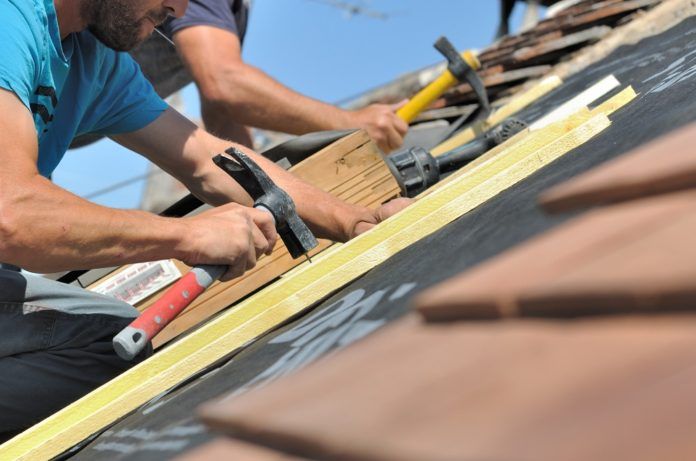According to a recent survey by the NFRC, the vast majority of roofing contractors (91%) reported being either ‘busy’ or ‘very busy’. However, a significant number of roofers (23%) reported concerns around payment, with one contractor reporting to have waited four months to be paid by a particular public sector client.
The survey also found the following:
- Roofers are mostly back to pre-COVID capacity – Just under half (49%) of contractors reported operating at 100% of their pre-lockdown capacity with a further two-fifths (40%) operating at over three-quarters of their capacity.
- COVID-safe practices are no longer exceptional – with most (90%) of roofing contractors having no issues implementing COVID-safe guidelines on- site.
- Accessing materials remains a major concern – Over half (55%) of contractors reported material shortages. These were mostly in concrete roof tiles and timber, but also in membranes, felt, insulation and slate.
- Future enquiries look positive – Nearly all (94%) contractors were receiving the same number (67%) or more (27%) new enquiries than this time last year.
Commenting on the survey results, James Talman, chief executive officer of the NFRC, said: “This survey confirms what we have all been hearing – roofing contractors are generally busier than ever. A combination of pent-up demand in the summer, combined with government stimulation packages, and people working from home wanting home-upgrades, has meant demand has not been a problem for roofers.
“However, it is shocking that so many roofers are still waiting to be paid, with some reporting waiting on thousands of pounds from their clients. We all know that times are tough for some firms, but that is no reason not to pay your supply chain. I was particularly concerned to see public sector clients listed as being the worst culprits when they should be leading the way.”
James concluded: “Unsurprisingly to those in the industry, concrete roof tiles and timber were listed as the top material shortage areas. This seems to be due to the incredible amount of demand we have seen in the last quarter, combined with the lag seen in production, following lockdown earlier this year. We have been working closely with manufacturers on this issue and will continue to monitor this situation.”




